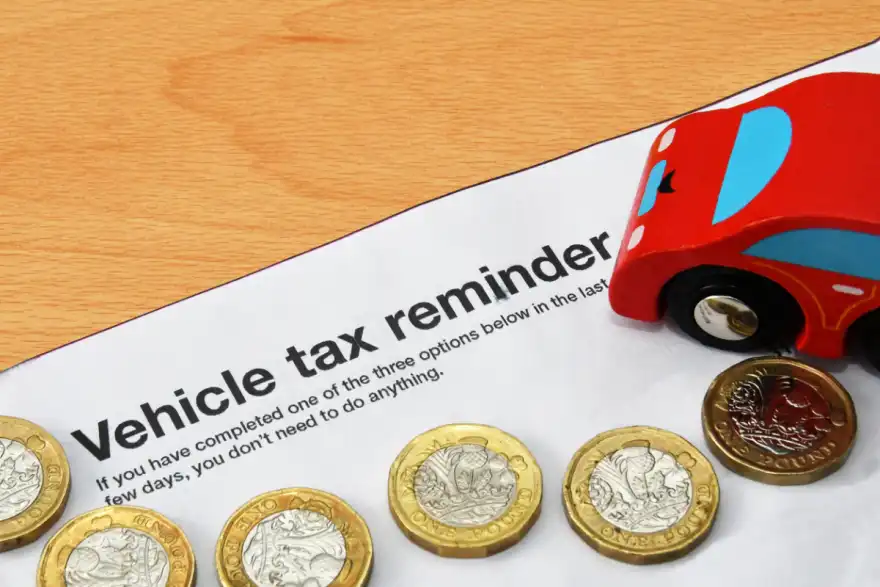
Whether you call it 'road tax,' 'car tax,' or the official name, 'Vehicle Excise Duty' (VED), vehicle tax is something we all have to pay.
For car owners, it's just another necessary expense to keep our cars on the road, like servicing or getting car insurance. But how do you know when to pay your car tax and if it's done successfully? Let's find out.
What is car tax?
In simple terms, vehicle taxation is one way the government collects money. Every driver needs to pay tax for their car every year. The collected money goes into a central government fund, used for projects like road maintenance benefiting all road users.
How much does car tax cost?
The cost of car tax varies for different drivers, mainly depending on two factors:
1. The car's age.
2. Emission levels.
Electric cars and some classic cars (over 40 years old) are fully exempt from tax. However, some vehicles have to pay several hundred pounds annually. If a car was made before March 1, 2001, it's taxed based on engine size. If it was produced between March 1, 2001, and April 1, 2017, tax is based on official CO2 emissions. After April 1, 2017, only the first-year rate depends on CO2 emissions.
You can use GOV.UK's Road Tax Calculator to figure out exactly how much your road tax will cost. For info on renewing your road tax, check here.
How do I know if my car is taxed?
It's vital to ensure your vehicle has the proper tax to stay within the legal boundaries. Additionally, you should verify that your car details are accurate, and your payment information is current.
So, how can you check your car tax? Use Regit's free tool to find out whether your car is taxed, the date of your car tax due date and DVLA reminders so you never forget again!




